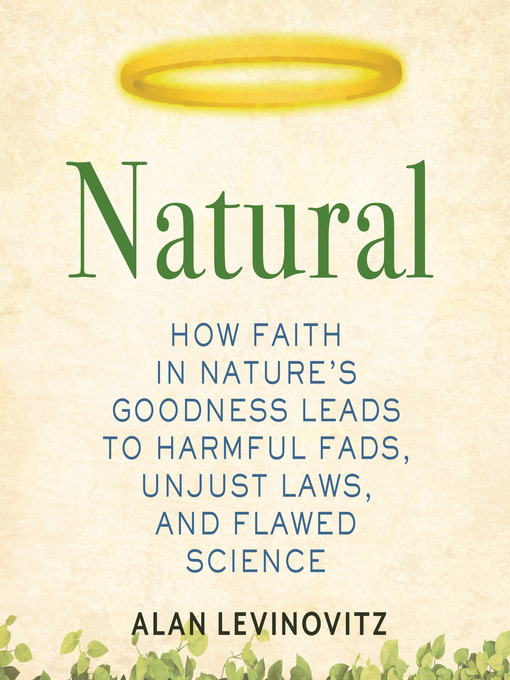- Lucky Day: eBooks
- New eBook additions
- Available now
- New kids additions
- New teen additions
- Most popular
- Try something different
- Cookbooks
- See all ebooks collections
- Lucky Day: Audiobooks
- Available now
- New audiobook additions
- New kids additions
- New teen additions
- Most popular
- Try something different
- See all audiobooks collections
- New! Magazines for All Ages
- Revistas en español para adultos
- New! Magazines for Kids and Teens
- See all magazines collections


